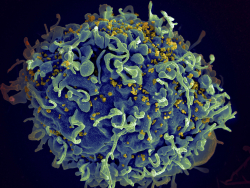
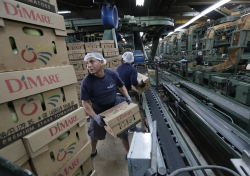
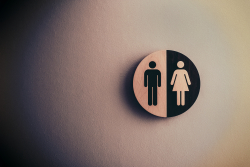
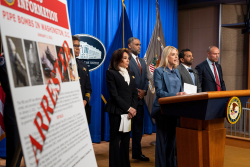

By: Paul D. Thacker
December 30, 2025

By: James Varney
December 24, 2025

By: Samuel Abrams, Joel Kotkin
December 16, 2025

By: Julie Kelly
December 12, 2025
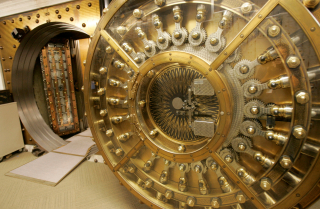
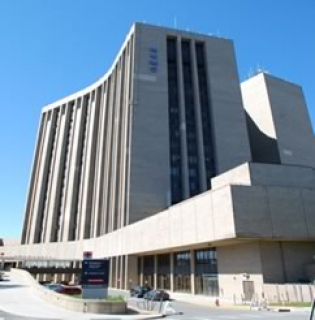

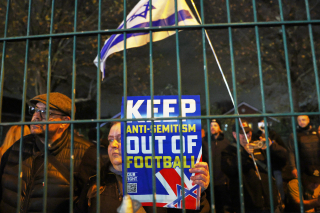
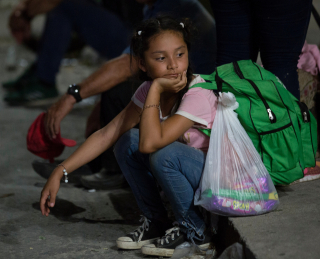
The operation to capture the Venezuelan president and his wife involved at least 150 aircraft, months of surveillance – and reportedly a... Read More
These wasteful boondoggles add up. So do the programs that many Americans insist are important but refuse to reform. Read More
The Canadian rapper and two others are also accused in a RICO lawsuit of using the Stake gambling platform to transfer money between... Read More

By: Paul D. Thacker
December 30, 2025

By: James Varney
December 24, 2025

By: Samuel Abrams, Joel Kotkin
December 16, 2025

By: Julie Kelly
December 12, 2025

By Nancy Rommelmann, RealClearInvestigationsApril 10, 2025 Joe Ziegler is not a beaten man – not for his antagonists’ lack of trying.... Read More
More than 100 pizzas were delivered to the homes of judges and their families this year, some with signs of foreign involvement. Judges say... Read More
The Justice Department is removing the problematic doctrine from its regulations under Title VI of the 1964 Civil Rights Act. Read More
Many of the problems the agency is facing now are not new, but staff and prisoners fear an exodus of officers could make life behind bars... Read More
“She goes against the grain for going against the grain’s sake. It’s sensationalism in pursuit of audience and self-aggrandizement —... Read More
Boys in the Assemblies of God join the Royal Rangers for Bible study and backpacking. But the ministry has also drawn sexual predators, an... Read More
Federal and state records say "Yes" Read More
For fifteen years I’ve scalped tickets to pay the bills. But in January 2016 I almost managed a real career. Read More
Symbolic struggles cannot be a force of resistance to the Trump administration. Read More
The ‘radical indoctrination’ that Trump supposedly banned persists. Read More
Once a level-headed critic of 9/11 conspiracy theories, the former Fox commentator now caters to the anti-American, conspiracist audience in... Read More
Groyperism's Spread Among Generation Z Conservative Apparatchiks Is Real Read More

By Vince Bielski, RealClearInvestigationsApril 22, 2025 GEO Prep Mid-City Academy, located in one of the poorest sections of Louisiana, did... Read More
California’s wide range of problems – including declining schools, widening inequality, rising housing prices, and a weak job market –... Read More
By Ana Kasparian, RealClearInvestigationsMarch 19, 2025 VENICE, Calif. – Francesca Padilla was awakened by the sound of screaming people... Read More
There's not a recession or a pandemic, but visitors are down almost 8 percent this year. What's going wrong? Read More
NYC Health + Hospital’s new kidney-function formula will yield worse outcomes for all patients. Read More
A string of national security breaches at the University of Michigan was linked to the school's research partnership with Shanghai Jiao Tong... Read More

The group’s blocklist eventually included 28 domestic and international sites... Read More
An extensive network of automatic license plate readers is being used to develop predictive intelligence to stop vehicles, violating... Read More
Sen. Marsha Blackburn (R-TN) accused Google of defaming her with "patently false material" generated by the company's Gemma AI in a scathing... Read More
More than 5,000 law enforcement departments across the U.S. use interconnected Flock Safety cameras to track residents’ movements. Read More
A global campaign is underway to cripple the fighter jet’s supply chain. Read More
Why moral certainty keeps bad ideas alive in our schools Read More

The fertile Middle Belt region in north-central Nigeria became a killing field in June, when more than 200 Christian men, women, and children... Read More
When Jeffrey Epstein purchased Little Saint James, the teardrop-shaped island south‑east of St. Thomas, in the late 1990s, he was seen as a... Read More
Israeli seizure of Palestinian lands in the West Bank, often brutally, has accelerated, raising doubts about the prospects of a peaceful... Read More
Joe Biden’s administration ignored counter-terrorism warnings to admit Afghans with terrorist links into the US, it has been claimed. Read More
In southern India, a new enterprise called Peer Publicon Consultancy offers a full suite of services to scientific researchers. It will not... Read More
This is the third part of a series on academic publishing. Read part one here and part two here. For many years, the prestigious journal... Read More
The first in a two-part series on the global housing crisis. Next to inflation, Americans ranked housing as their top financial worry in a... Read More
This is the second of a two-part series on the Great Dispersion of Americans across the country. Read the first installment here. The famous... Read More
This is the second of a two-part series on the global housing crisis. Read the first installment here. The affordable housing crisis in... Read More
Part 1: How the AI Fuse Was LitPart 2: One Year of ChatGPT Read More
Ukraine’s counteroffensive has failed to deliver its expected punch and secure a decisive breakthrough, generating friction between... Read More

Cellphone bans in schools are all the rage. Recently, New York became the fourth state to embark on one, as part of a budget deal for the... Read More
By Vince Bielski, RealClearInvestigationsJune 22, 2023 A growing number of states are adopting a comprehensive new type of school choice... Read More
Long the province of the ultra-wealthy, prenuptial agreements are being embraced by young people—including many who don’t have all that... Read More
Is Eleanor Holmes Norton, 88, still fit for office? Is she even in charge? Read More